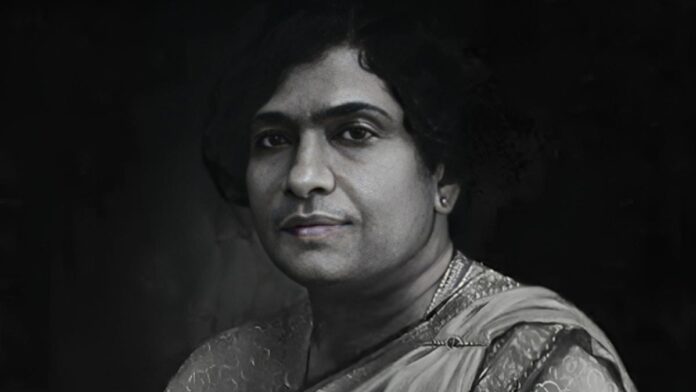In 1924, when Dr. Mary Poonen Lukose was nominated to the Travancore Legislative Council, making her India’s first female legislator, she was already a trailblazer with several firsts to her credit.
Now, on October 9, a documentary Dr Mary Poonen Lukose: Charitram Piranna Kaikal, directed by Dr Praseetha K, research assistant at Sabha TV, will be screened in the Kerala Legislative Assembly to commemorate the centenary of the pioneering physician taking the oath as a legislator. It is also a peep into the life of a woman who chose to be captain of her destiny.
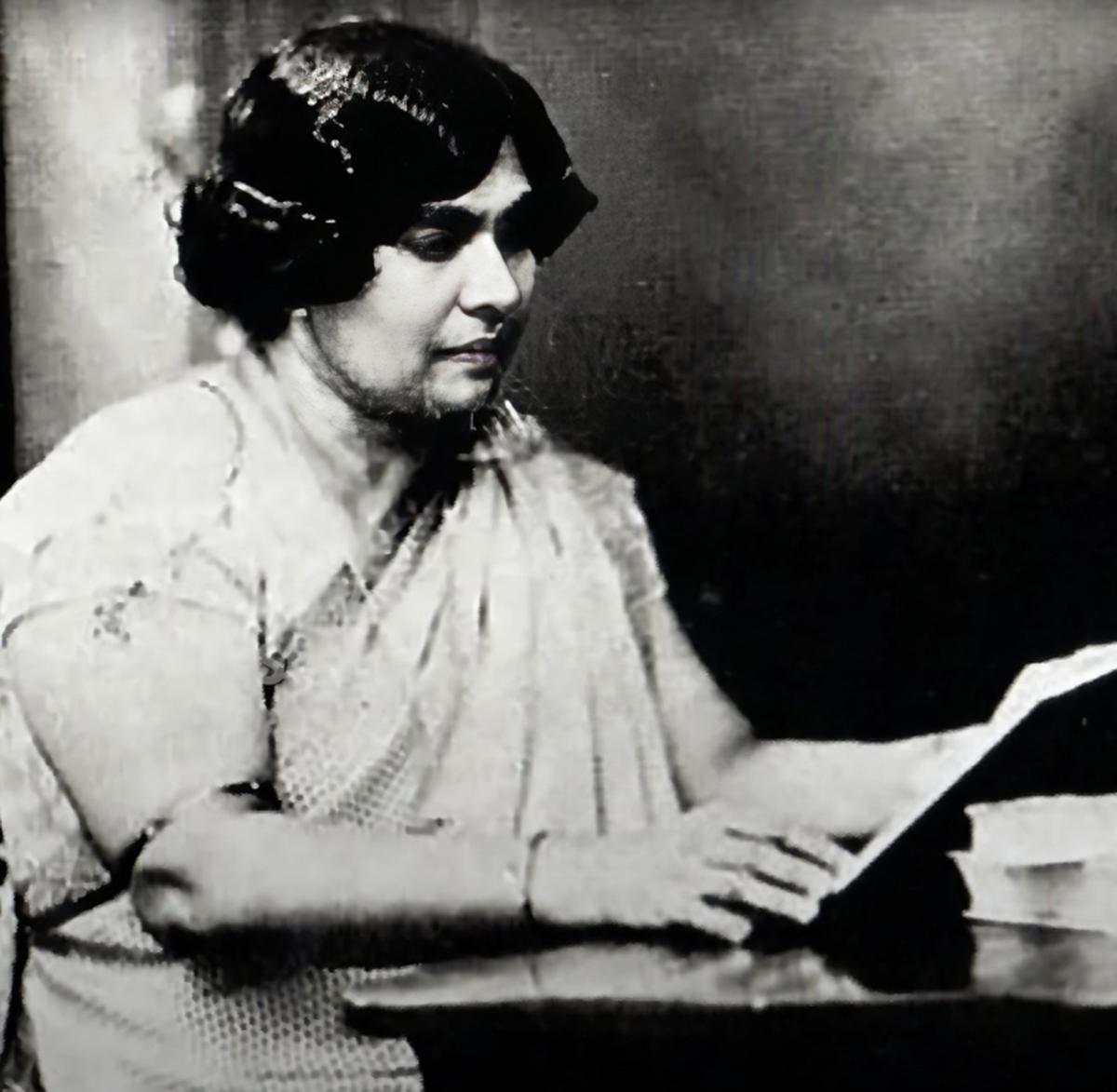
Dr. Mary Poonen Lukose
| Photo Credit:
SPECIAL ARRANGEMENT
During the reign of Maharani Sethu Lakshmi Bayi, Dr Mary, who was Durbar physician, was chosen as head of the medical department in 1924 and also nominated to the State legislative council. She took oath as a member of the Legislative Assembly on September 23, 1924.
Many firsts to her credit
Mary Poonen Lukose was born on August 2, 1886, in an affluent and aristocratic family at Aymanam in Kottayam.
Mary studied at Holy Angel’s Convent in Thiruvananthapuram and later at University College.
The first woman in Kerala to graduate in 1909, she became the first female to complete a degree in medicine in 1915.
She was appointed as Kerala’s first woman physician at the newly-opened Women and Children Hospital in Thycaud in 1917.
She married K K Lukose, a lawyer, who went on to become a judge in the High Court of Travancore.
In 1920, she performed the first Caesarean surgery in the State on Mary, a woman from Kundamankadavu in Thiruvananthapuram.
In 1938, she became the Surgeon General of Travancore.
Founder of the Young Women’s Christian Association in Thiruvananthapuram in 1918, she remained its president till 1968.
In 1975, Dr Mary was honoured with the Padma Shri.
Praseetha says her name came up while they were discussing women legislators. “While trying to find out who was the first woman legislator, we found that it was none other than Dr. Mary. That is when we found that it was the centenary of her taking the oath as a legislator. I would have liked a feature film to be made on her but since that would involve a lot of expense, we felt that a documentary was the least we could do to highlight her achievements.”
Although she came from a privileged background, Mary, the daughter of Durbar physician TE Poonen, had to overcome several hurdles to study medicine. Her desire to study science at the Maharaja’s College (present-day University College) was thwarted by the Principal as women were not permitted to take up science. With her father’s support, she graduated in History and Economics and left for the UK in 1909 to study Medicine in London and Dublin. Incidentally, her father was the first in erstwhile Travancore to graduate in Medicine.
Following her father’s demise in 1915, she returned to Thiruvananthapuram and was appointed to government service in 1916.
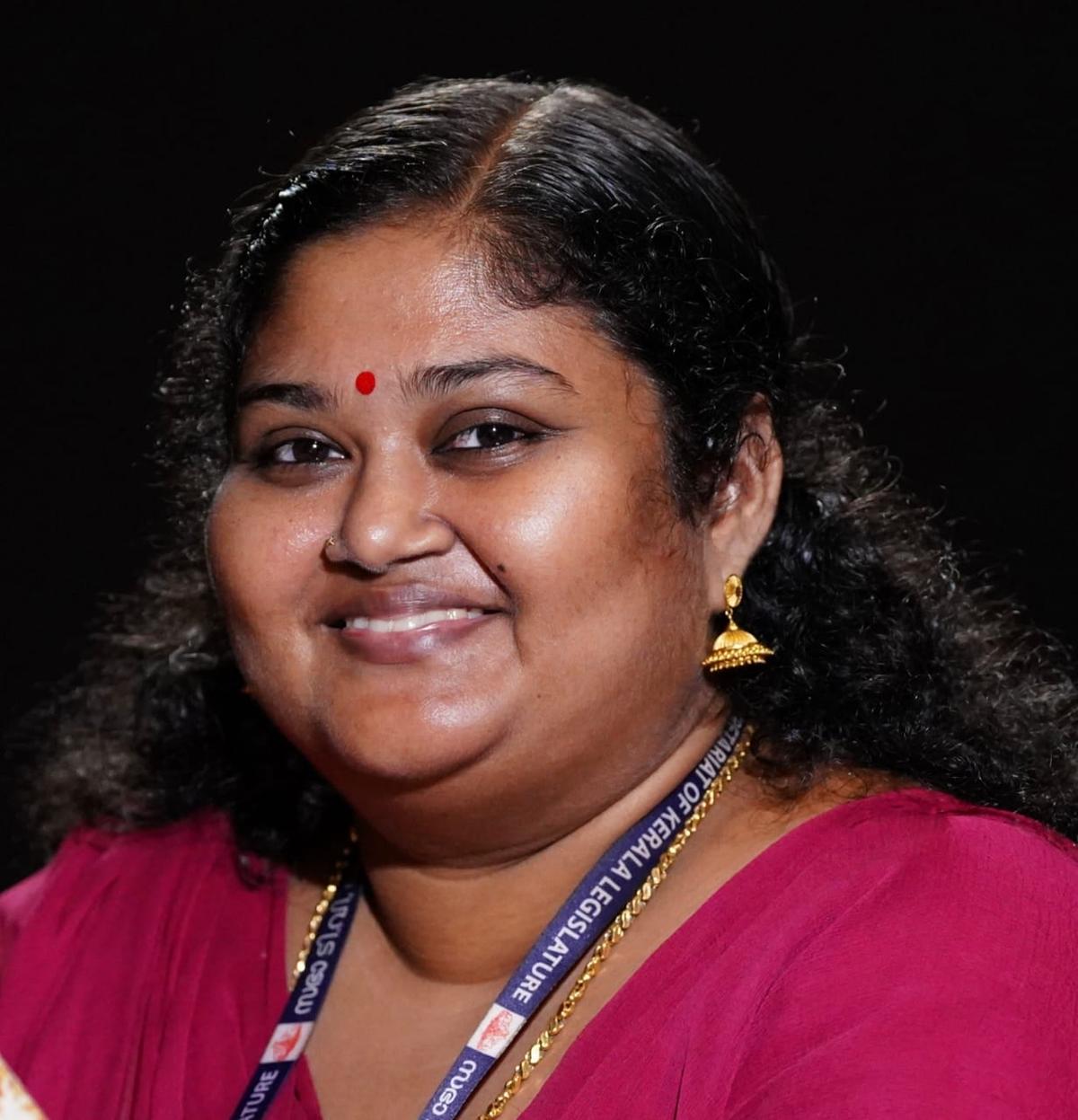
Praseetha K
| Photo Credit:
SPECIAL ARRANGEMENT
“Her achievements are remarkable. She was the only woman in her class during her studies in University College, and, later, in the Council. It was in an extremely patriarchal world that Dr. Mary made her mark,” points out Praseetha.
Praseetha devoted her time to learning more about this woman who had left her mark in different spheres, in addition to her work as a physician.
“Thanks to the archives, we could access her speeches delivered during her tenure in the Council.”
Dr. Mary’s speeches in the Council, delivered in English, were centred on medicine, health and her work. Although she was welcomed with applause by the Council, there were misgivings if she would be able to do justice to her work as head of the medical department as she was a woman and also had the responsibility of the Durbar physician.
“Her speech has her accepting that she might find it difficult to visit the hospitals under her charge. However, a month later, she presented to the Council the list of hospitals she had visited; it was more than what any of her predecessors had covered. That was the woman she was!”
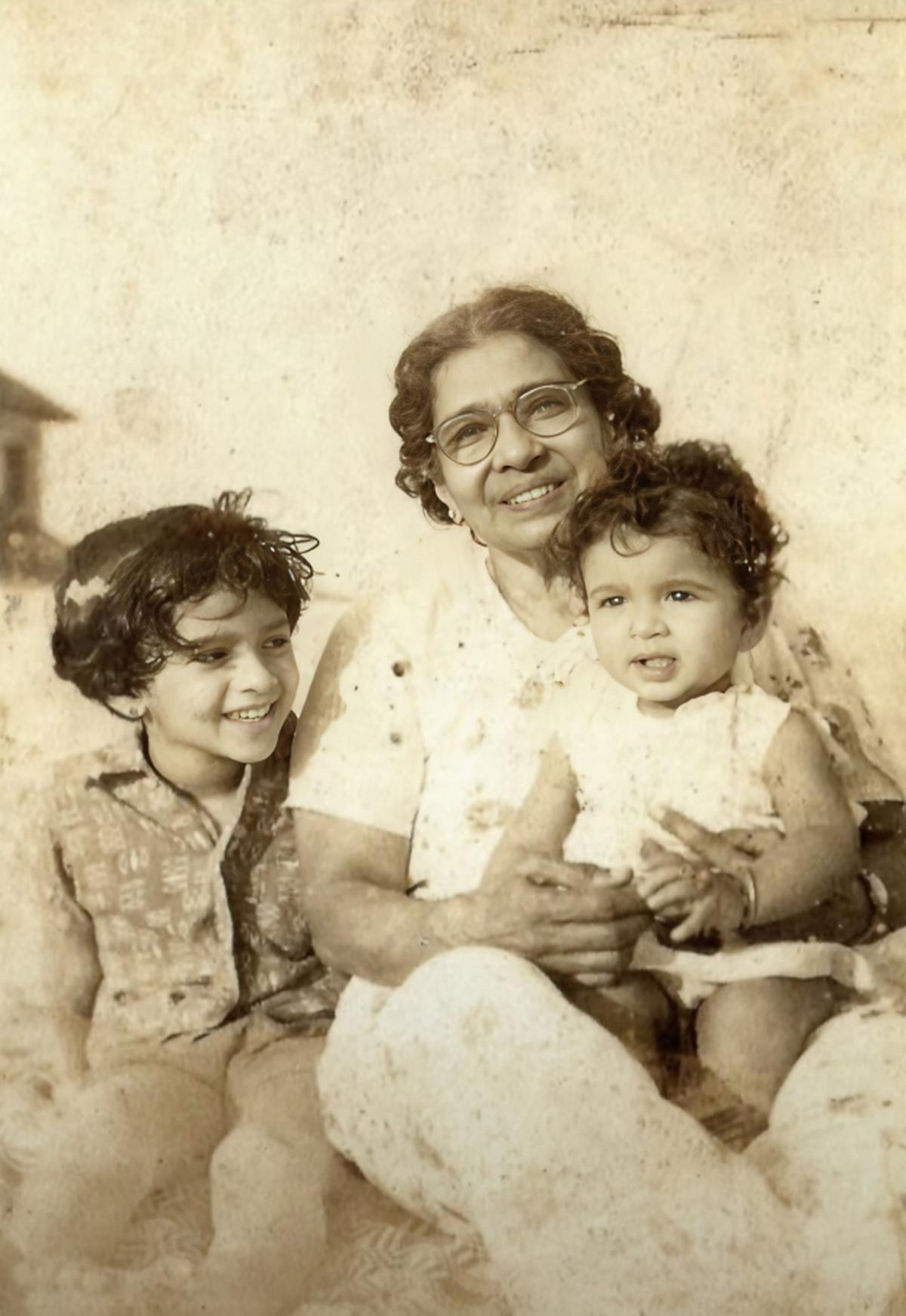
Dr. Mary Poonen Lukose
| Photo Credit:
SPECIAL ARRANGEMENT
“She had also argued passionately, with facts, on the need for vaccination in Travancore. She was able to allay the fears and superstitions of many of the members by presenting scientific evidence and facts. There is no doubt that her work directly resulted in Kerala’s enviable advances in health and maternal mortality.”
Praseetha gathered information about the doctor’s personal life from Trailblazer, compiled by Leena Chandran from Dr Mary’s memoirs, in which she talks about her experiences in the UK and the challenges she had to face there. The book enabled Praseetha to learn about the woman and the challenges she had faced in her personal and professional life. “It was like watching a film unfold. She talks about what fascinated her in England and what caught her attention and so on,” says Praseetha.
Praseetha knocked on many doors to collect first-hand information about this physician who had brought about radical changes in the health services in Travancore.
Leena Varghese, the Kochi-based daughter of the doctor’s first cousin, gave some interesting nuggets about her. “Dr Mary had lived in their house after both her children predeceased her.”
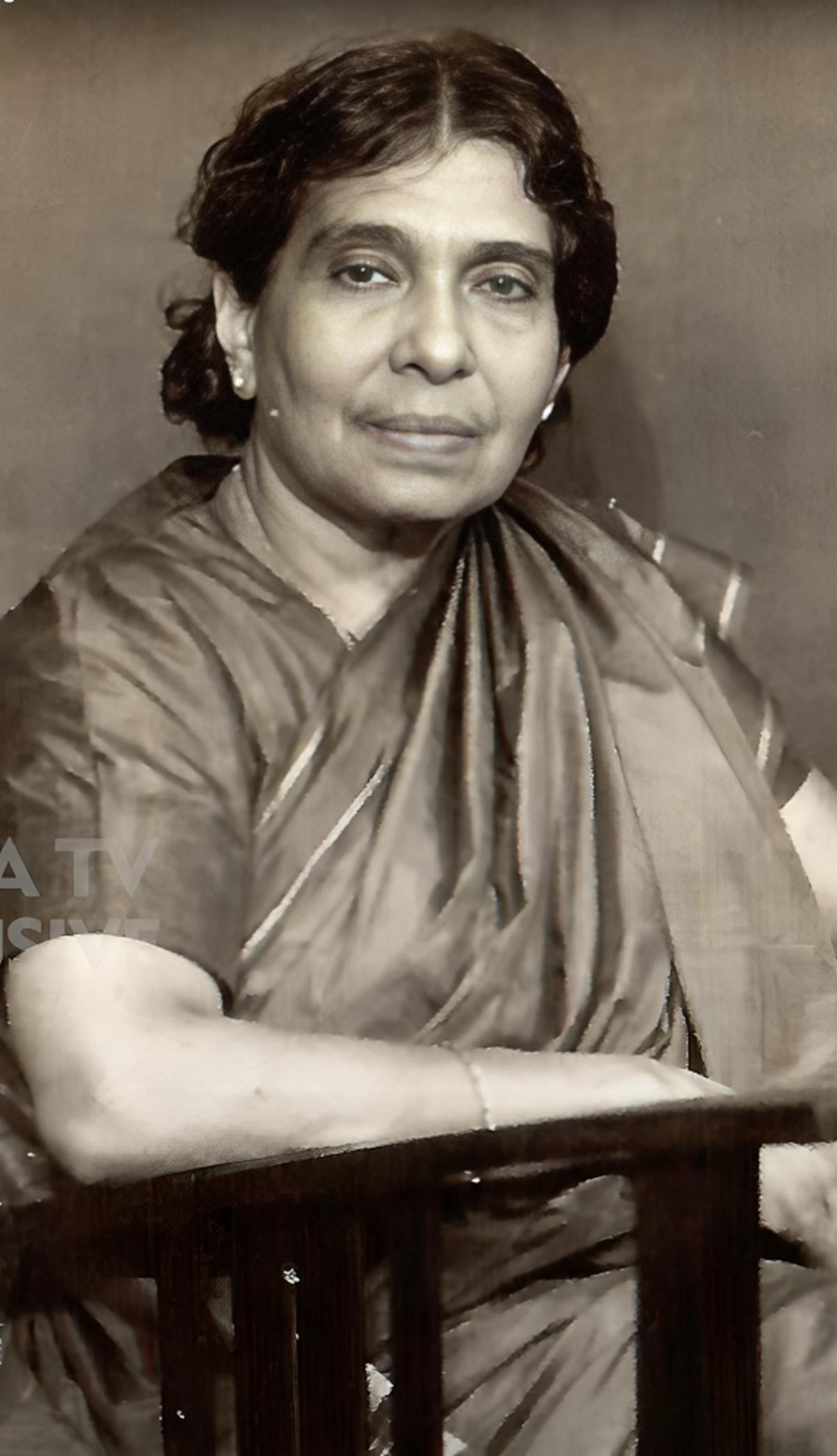
Dr. Mary Poonen Lukose
| Photo Credit:
SPECIAL ARRANGEMENT
She could also contact senior neurologist Dr Rajasekharan Nair, a septuagenarian, who recalls how he was one of the babies that Dr Mary had delivered at the hospital in Thycaud. “Other doctors had told their family that they had to choose between the mother and the baby. But a relative put them in touch with Dr Mary who was able to save both their lives through a C-section.”
Praseetha hopes that the documentary inspires filmmakers to make a feature on this woman who lived ahead of her time. “Dr Mary suffered many personal losses but she faced them with dignity. In her professional life, it was always her patients’ comfort and health that she most valued. Throughout her life, she strived to give them the best of medical care and treatment.”
Published – October 08, 2024 04:36 pm IST
#Mary #Poonen #Lukose #Indias #female #legislator #pioneering #physician #commemorated #documentary
